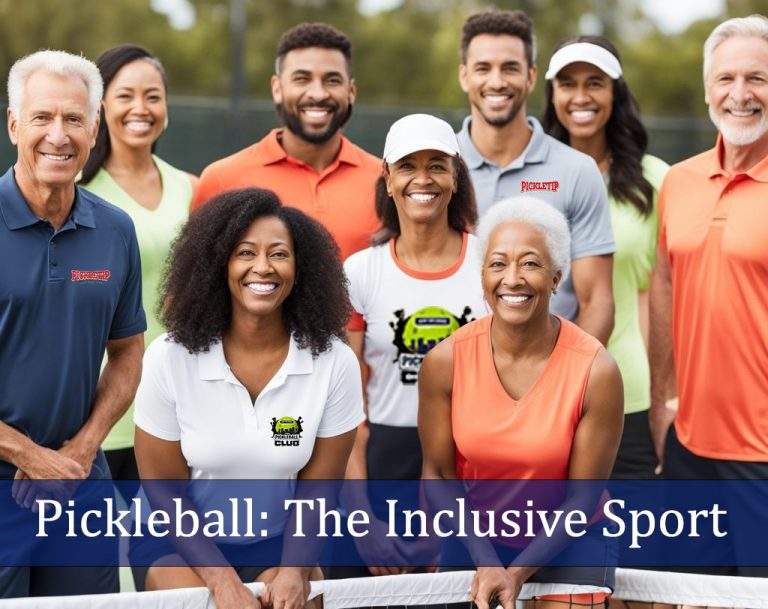Should Age or Gender Influence Pickleball Ratings?
In the dynamic world of sports, the question of how to fairly rate players is a topic of endless debate. Should Age or Gender Influence Pickleball Ratings? In pickleball, a rapidly growing sport, this debate takes on a unique significance. The crux of the matter is whether age or gender should influence a player’s skill rating. My stance is unequivocal: age and gender should have no bearing on a player’s skill rating in pickleball. The integrity of the sport demands that ratings reflect pure skill, untainted by any other factors.
The Case for Pure Skill-Based Ratings
At the heart of competitive sports lies the principle of meritocracy – the idea that talent and hard work should be the only determinants of a player’s success. By allowing age or gender to influence skill ratings, we dilute this fundamental principle. The beauty of pickleball, like any sport, is in its ability to showcase raw talent and skill, irrespective of the player’s demographic.
Fairness and Equality
A skill rating system that factors in age or gender inherently suggests that certain groups need an advantage or handicap, which is not only unfair but also patronizing. It undermines the achievements of players who have worked tirelessly to hone their skills, suggesting that their success is due in part to their age or gender, rather than their dedication and talent.
Competitive Integrity
The primary purpose of a rating system is to ensure evenly matched, competitive games. When players are rated purely on their skill level, tournaments can create brackets that truly reflect the players’ abilities, leading to more exciting and fair competitions. This approach respects the sport’s competitive nature and ensures that every game is a true test of skill.
Encouraging Improvement
A pure skill-based rating system incentivizes players to improve. It sends a clear message: your ability to rise through the ranks is entirely in your hands. This fosters a culture of continuous improvement and personal development, which is essential for the growth of any sport.
Addressing Age and Gender in Tournaments
While age and gender should not influence skill ratings, they can still play a role in tournament organization. If there are enough participants, creating divisions within brackets based on age or gender is a practical approach. This allows for more tailored competition, ensuring that players can enjoy games with peers while still being rated and recognized for their true skill level.
The Role of Divisions
Divisions based on age or gender can add variety and inclusivity to tournaments without compromising the integrity of the rating system. They offer players the opportunity to compete in different settings and against a diverse range of opponents, which can be both challenging and rewarding.
Balancing Competition and Inclusivity
By separating the rating system from age and gender divisions in tournaments, we strike a balance between fierce competition and an inclusive environment. This approach respects the diverse nature of the pickleball community while upholding the sport’s competitive spirit.
Should Age or Gender Influence Pickleball Ratings?
In conclusion, pickleball, like any sport, should be a realm where skill and effort reign supreme. Introducing age or gender into the skill rating equation undermines the very essence of what makes sports great – the celebration of talent, hard work, and the thrill of competition. Let’s keep pickleball ratings pure, focused solely on skill, and let the players’ abilities speak for themselves on the court. This is not just about maintaining the integrity of pickleball; it’s about honoring the spirit of the sport itself.







